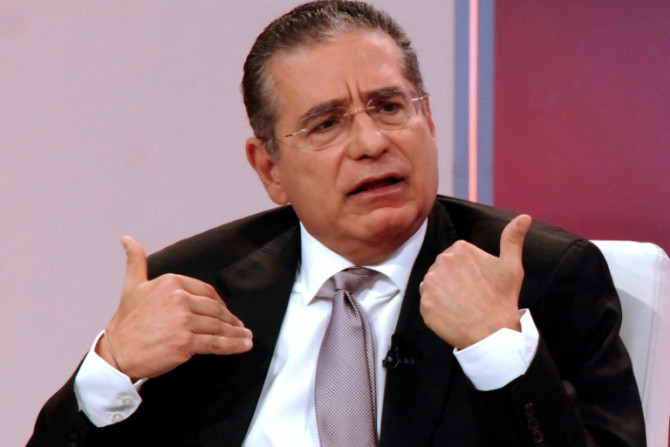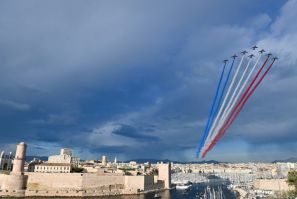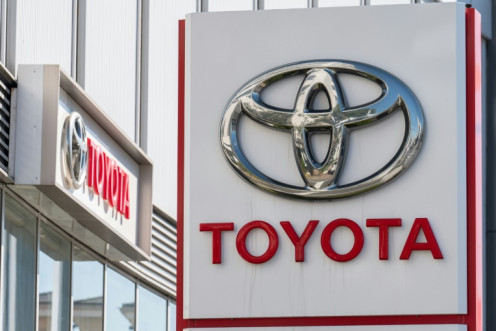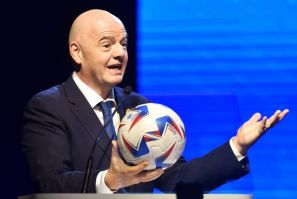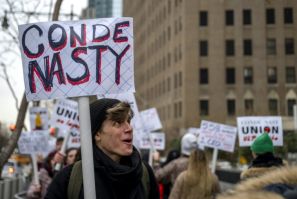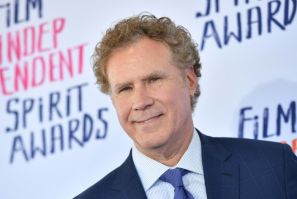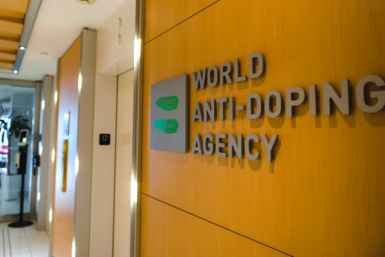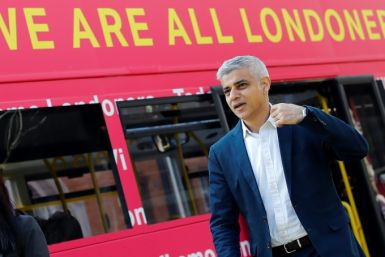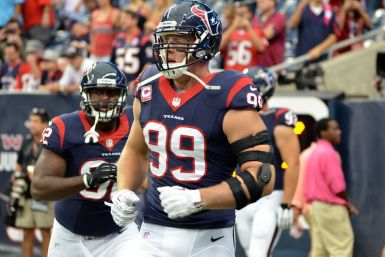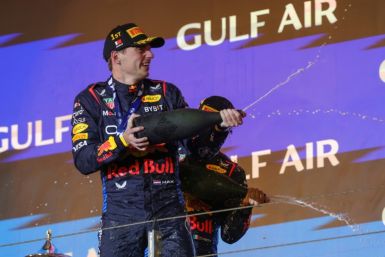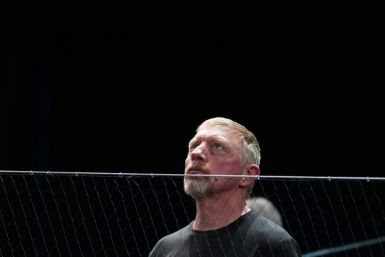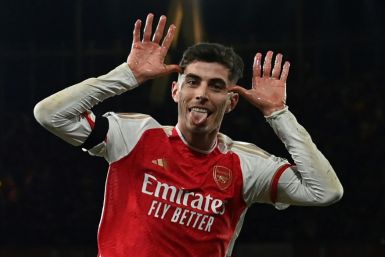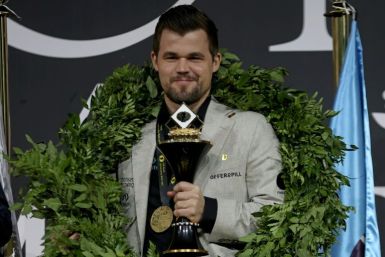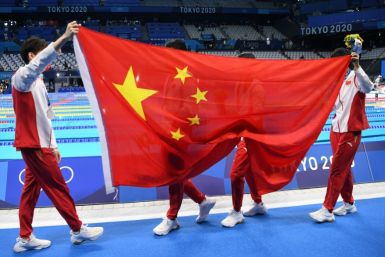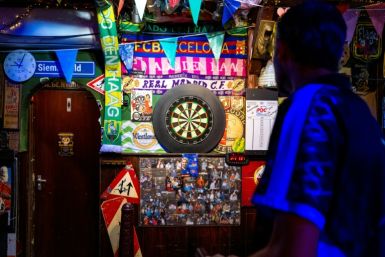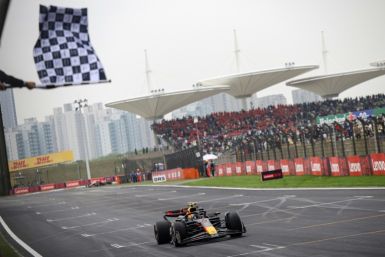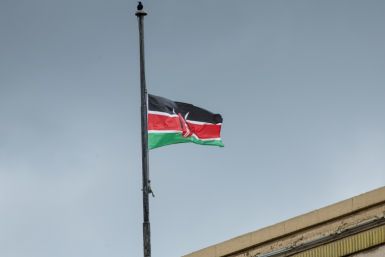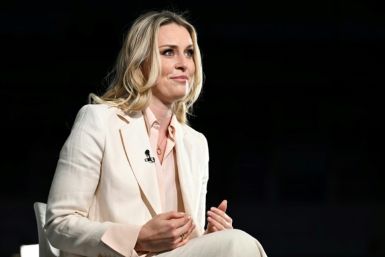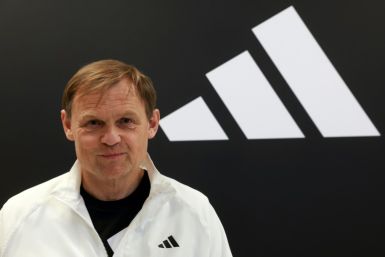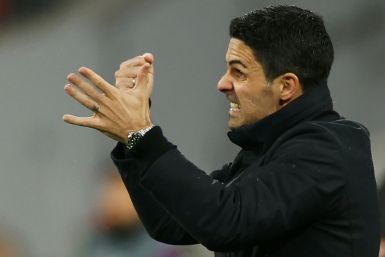Between 50 and 100 athletes set to compete at the Paris Olympics are "in the sign-up process" for the inaugural Enhanced Games, where doping will be allowed, the event's chief claims.
Sadiq Khan, who was Saturday re-elected for a record third term as London mayor, rose from humble roots to spar with world leaders and bring consequential change to the British capital.
The defensive end may have retired from NFL but his stint in playing football was enough for JJ Watt's net worth to accumulate and how!
While sports betting has always existed in brick-and-mortar establishments, technology is responsible for growing the industry to the juggernaut it is today.
Let us explore F1 champion Max Verstappen's net worth, his love for cars and his several charitable activities.
Former German tennis star Boris Becker has been discharged from bankruptcy by a London court following a deal with his debtors, the 56-year-old's German lawyer said Thursday.
Olivia Dunne's net worth skyrocketed because to her social media stardom and NIL deals, surpassing her gymnastics success. Find out her secret!
Kai Havertz and Ben White scored twice as Arsenal thrashed Chelsea 5-0 on Tuesday to surge ahead in the Premier League title race and ramp up the pressure on Liverpool and Manchester City.
Chess legend Magnus Carlsen dominates with record wins, the highest rating ever, and the most prize money earned. His immense talent translates to a net worth that reflects his champion status.
The sport was rocked at the weekend by revelations that the swimmers tested positive for trimetazidine (TMZ) -- a prescription heart drug that is banned in athletes because it can enhance performance -- before the Games three years ago.
The packed stadium shudders as thousands of orange-clad Dutch fans bounce around, chanting the name of their favourite player.
Jude Bellingham snatched Real Madrid a dramatic 3-2 Clasico win over champions Barcelona on Sunday with a "fundamental" goal to take them 11 points clear at the top of La Liga.
Max Verstappen rounded off a dominant weekend with victory in the first Chinese Grand Prix for five years on Sunday to extend his world championship lead, a day after romping to sprint victory.
With a 19-gun cannon salute and a religious ceremony Kenya on Saturday paid a military tribute to its army chief who died in a helicopter accident this week.
IOC president Thomas Bach said artificial intelligence can help identify talented athletes "in every corner of the world" as he unveiled the Olympic AI Agenda in London on Friday.
The sum reportedly paid by Nike to lure the German football team away from its historic partner Adidas was "inexplicable", the CEO of the German sportswear giant Bjorn Gulden told AFP in an interview.
Arsenal have no time to dwell on their Champions League exit as they return to Premier League action this weekend with the chance to reclaim top spot.
World Athletics president Sebastian Coe's decision to award prize money to Olympic gold medallists may have been welcomed by athletes but the move has upset some of his fellow federation bosses and surprised seasoned observers of the Games.


